IMPORTANT LINKS:
- The Treaty Negotiation Framework (download file)
- Treaty Authority’s Guide for Comments and Disputes (download file)
- Assembly’s declaration of intent to enter into negotiations (download file)
- Treaty Authority website (home page)
- Treaty Authority comment and dispute page
- Treaty Authority phone number – 1300 133 033
Charles Pakana (Victorian Aboriginal News):
On the 17th of July this year, the First Peoples’ Assembly of Victoria declared to the independent Treaty Authority that it was ready to enter into negotiations with the Victorian government for a statewide treaty.
Now, while the intent is there, under the terms of the guiding document, the Treaty Negotiation Framework, it is the Assembly’s responsibility to satisfy the Authority that it has met certain standards. Joining me today is a key member of the Treaty Authority, Yorta Yorta man, Uncle Andrew Jackomos. Uncle Andrew, thanks for speaking with me today.
Uncle Andrew Jackomos:
My absolute pleasure.
Charles:
Uncle, there is a period extending up until the 17th of September, two months after the First Peoples’ Assembly of Victoria lodged its intent for members of the community to lodge either a comment or dispute in relation to the Assembly meeting specific standards, and therefore satisfying the Authority that it is indeed ready to enter into negotiations with the state government. First of all, just what are the standards that we’re talking about?
Uncle Andrew:
So there are four standards, and these standards are as noted in the Treaty Negotiation Framework, and the four standards relate to the lands and waters over which it intends to negotiate a treaty, how the Assembly is representative of all first peoples’ community in Victoria, what are the processes in place for the Assembly to choose its negotiators and make decisions related to treaty, and the fourth one, what are the processes in place to uphold cultural authority and to consult with and educate first Peoples in Victoria.
Charles:
Okay, so there’s a call for either a comment or dispute. What’s the difference?
Uncle Andrew:
The difference is that a comment can be made by a person or an organization that relates. It could be a suggestion. It’s where they might wish to have dialogue with the Assembly about seeking an outcome. Comments can be both positive or negative or a combination, whereas the dispute is where the commenter is seeking resolution to an issue that they have raised and potentially where they have sought the assistance of the Treaty Authority.
Charles:
In other words, they’re saying that the Assembly has not met those basic standards?
Uncle Andrew:
Yep.
Charles:
And it may be in that leadership or diversity, or it may be a contentious issue with regard to the land and waters over which the assembly is seeking to negotiate?
Uncle Andrew:
Yeah, yeah. So it needs to relate to one of the minimum standards.
Charles:
Right.
Uncle Andrew:
And how they see, how they perceive, see, that the Assembly hasn’t satisfied the minimum standards. Now the Assembly’s response to these minimum standards are on our website. They’re on the website of the Authority. And everybody, whether you’re first peoples or not, can go onto the website to read them. But it’s only first peoples who can actually make a comment or a dispute.
Charles:
Let’s just clarify this because I know that every election, well, the two elections that have been held for the First Peoples’ Assembly of Victoria, there has always been confusion as to, well, who’s allowed to enroll to vote? There’s always this confusion that it’s just Victorian traditional owners, but that’s not the case.
Now, I just want to clarify this. The people who can lodge a comment or dispute with the Treaty Authority are any Aboriginal or Torres Strait Islander people living in Victoria or who are traditional owners, is that correct?
Uncle Andrew:
Correct. And the traditional owners who may be living elsewhere, Victorian traditional owners who may be living-
Charles:
Sure.
Uncle Andrew:
So all first peoples, all Aboriginal and Torres Strait Islander peoples who live in Victoria can lodge a comment or can lodge a dispute. And those traditional owners from lands now known as Victoria, wherever they live, New York, Broome, can also make a comment or a dispute.
Charles:
Is there a requirement that for non-traditional owners that they have lived in Victoria for a certain period of time? Because that’s what it is in order to enroll to vote with the Assembly.
Uncle Andrew:
No, there’s not.
Charles:
As long as you are a resident of Victoria-
Uncle Andrew:
As long as you’re a resident of Victoria, you can lodge a dispute or comment.
Charles:
You mentioned before that it can be negative comments.
Uncle Andrew:
Yes.
Charles:
Now that brings up something, and it’s a little bit quirky I know, but I did have a bit of a giggle when I saw that the lawyers had been to this document and we had the term vexatious. So comments can’t be vexatious, can you just explain what’s classified as a vexatious comment?
Uncle Andrew:
So a vexatious comment is where it may be of a personal nature, it’s not grounded in truth, where it’s seeking to cause trouble, where there’s more ill intent than there is positive outcomes to it. So in other words, leave that to Facebook, but not all the treaty authorities, okay?
Charles:
Yes, yes, yep.
Uncle Andrew:
And can I suggest, for people with negative ideas stay off Facebook as well as social media.
Charles:
Couldn’t agree more, couldn’t agree more.
Uncle Andrew:
Worst thing in our community, and the broader community, but particularly in our community is negative, particularly young people.
Charles:
The other thing is that I’ve noticed that you’ve mentioned both here and in the documents that it’s not just an individual who can lodge a comment or dispute, but it’s an organization, and I would assume also collectives of people such as gathering places. Can you just expand on that a bit for me?
Uncle Andrew:
So as we said, any first peoples in Victoria or traditional owners elsewhere as well as in Victoria, any Aboriginal [inaudible 00:05:50] gathering place, trust, [inaudible 00:05:53], Lake Tyres Trust can lodge a complaint, can lodge a dispute or comments, so there’s nothing in there that precludes that. So as well as it’s also possible for groups of people to lodge a complaint.
Charles:
So when we’re talking about a dispute, and we’re just going to focus on disputes right now, not that we are focusing on the negative, but frankly, unless people come in and say, “Well, hey, it’s great stuff, like to see it going,” which is a comment, disputes are going to be those areas where the Treaty Authority is going to have the most amount of work cut out for it. And obviously, those are the things that determine whether the Assembly is eligible in your eyes to negotiate a treaty.
But how detailed does a dispute need to be? Now, what if someone came on and said, “Well, you know what? I don’t believe that the Assembly represents the appropriate diversity or the true diversity of Aboriginal Victoria.” Do they then need to go in and truly explain it, or is there another process which can help them in that?
Uncle Andrew:
So if they offer it as a dispute and even as a comment, our staff here would, for every comment or dispute that comes in, we’ll go back to them and seek clarification of any outstanding things that need clarification. We’ll talk them through our processes. We’ll also ask them if there’s anything unclear, what are the issues? If it’s a dispute, we’ll also ask them, have they tried to resolve this prior to coming to us?
So there may be cases where they have a dispute with the Assembly or a traditional owner group and they come to us with that dispute. We would say to them, “Have you gone through the dispute resolution processes within the Assembly before you’ve come to us within the traditional owner group before you’ve come to us?”
Charles:
So that’s obviously something that you would be encouraging that if there is a dispute with the standards from the First Peoples’ Assembly of Victoria, that they approach the Assembly themselves?
Uncle Andrew:
Yes. Yeah. I think that’s a healthy approach where we try to resolve it before a third party comes in, such as us. I think in our dispute resolution processes, we first hope that, and we would promote, that it’s an informal process where they talk between each other, between the parties, come and stand and break bread and talk and find a resolution.
It may be just a communication understanding, and then there may be a more formal where we sit down with them, but our first approach is always to see have they sought to resolve it before coming to us?
Charles:
I notice that there is a requirement for people lodging comments and disputes that they identify themselves, and that’s a prerequisite there. What if there is an individual who has a decent reason not to be identified in a dispute similar to depersonalization of submissions to Europe, for example?
Uncle Andrew:
Sure, sure. All people have the right not to identify themselves in this dispute, but if they do so, then we can only proceed on that as a comment.
Charles:
Right.
Uncle Andrew:
So we can pass along, but we can’t resolve it if they’re not able or willing to identify themselves on it as a dispute.
Charles:
We will definitely pass it on, but obviously no further actions can be followed up with the individual if they’re not going to be identified.
Uncle Andrew:
Yes, yes.
Charles:
What’s the process though, if there is a legitimate dispute? Let’s say, for example, three or four people come in online or via the telephone, and we’ll talk about methods by which disputes and comments can be lodged in a short while, but what if there was a clear indication that one of those four standards wasn’t being met? Just what does the Treaty Authority do rather than just pass these concerns onto the Assembly and maybe have a yarn with those people lodging the disputes?
Uncle Andrew:
So, first of all, we would seek to understand what the dispute is. We would then contact the First Peoples’ Assembly about it. And we have regular days each week leading up to the 17th of September where we provide any new comments or disputes coming in. But we would start a more informal, or maybe a more formal, where we have a yarning circle where we sit down with them to understand, where we bring in the First Peoples’ Assembly potentially, to sit down to try to work it out. That is always our preferred option.
Charles:
What’s the true power of the Treaty Authority when it comes to this? Because quite often we see these organizations set up, and they’re nothing more than pipelines, no real teeth. What true power does the authority have over granting or otherwise the Assembly permission to go ahead and start negotiating statewide treaty?
Uncle Andrew:
If we go back to the first part of your question, absolutely at all times our preference is to work through any dispute. If we can’t find a resolution, then the Authority has the ability under the negotiation framework to make a decision, to make a final determination. But this is always our last resort is to go to find a resolution.
So the real power of the Authority is to actually bring people together. That’s always our first plan is bring people together to find common ground between parties. There are limited opportunities for us to make a final determination. They are very limited, and they are the exception.
Charles:
While the Treaty Authority and the First Peoples’ Assembly of Victoria have agreed to that two-month period for disputes and comments, 17th of July to 17th of September, does the Treaty Authority have the power to extend this if it sees fit? Now, obviously, this would be worst-case scenario, but does that power exist there?
Uncle Andrew:
We have negotiated a two-month window with the Assembly up until the 17th of September. We believe that is quite adequate time to provide a comment or dispute we will respond to, but we need to receive them by the 17th of September.
Charles:
Well, big question is, of course, how do people actually lodge a comment or dispute? Because they can do it online or over the telephone.
Uncle Andrew:
Yeah. So people go to our website, the Treaty Authority, they will find the form there of which they can complete. When it’s lodged and we receive it, we’ll respond to it. People also have the option to, if they don’t have access to call us, then we can take down the comment or dispute over the telephone.
But even if people wish to talk to us about how they make a comment or dispute, call us. We have a team of workers here, all first peoples, who can take those comments down and respond. If people are feeling uneasy or they wish to talk through, please call us.
Charles:
And that’s an important thing too, because it will come back to that issue of not wishing to be identified. Because, quite frankly, we understand the politics that goes on within the Aboriginal community in Victoria, and it can be quite problematic at times. If someone were to ring up and say, “Look, I’ve got this particular issue, I don’t wish to be identified. Can we just yarn about it?” Can the Authority guarantee depersonalization of information at that initial stage of contact, just the yarns?
Uncle Andrew:
Absolutely. Guarantee it.
Charles:
Okay. Now, obviously-
Uncle Andrew:
And I just should put in there that the Authority is absolutely independent. We’re independent of government, and we’re independent of the Assembly. That is central core to the work of the Authority. For us to be successful in our work, we have to be independent of traditional owners, of the Assembly, and of government.
Charles:
We will be providing all the information, the contact phone number, and the website addresses in order to lodge a comment or dispute on the Victorian Aboriginal News website to accompany this interview with Uncle Andrew Jackomos.
And on that note, Uncle Andrew Jackomos, once again, thank you so much indeed for coming onto the program.
Uncle Andrew:
My pleasure. And thank you for the T-shirt.


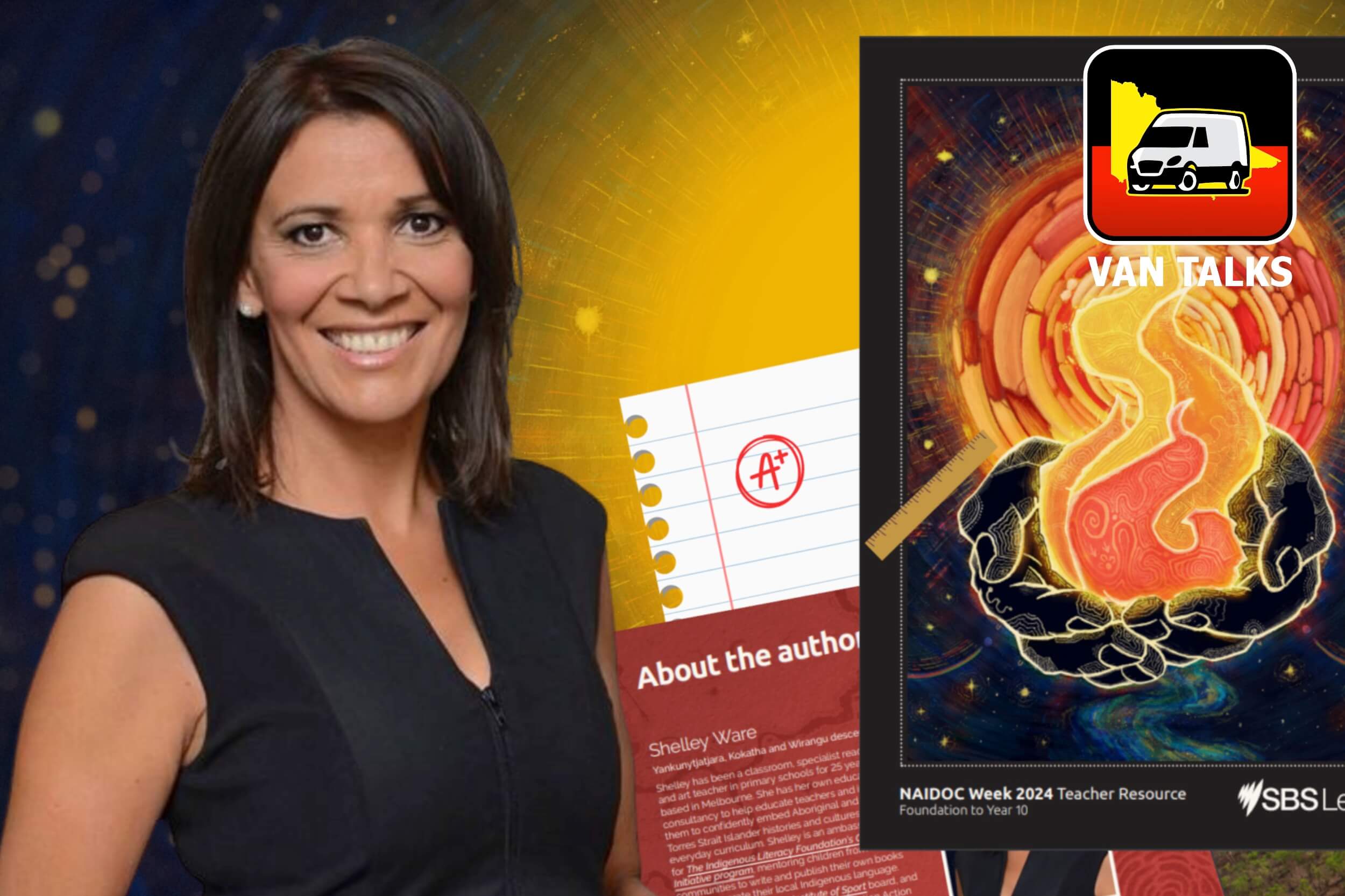
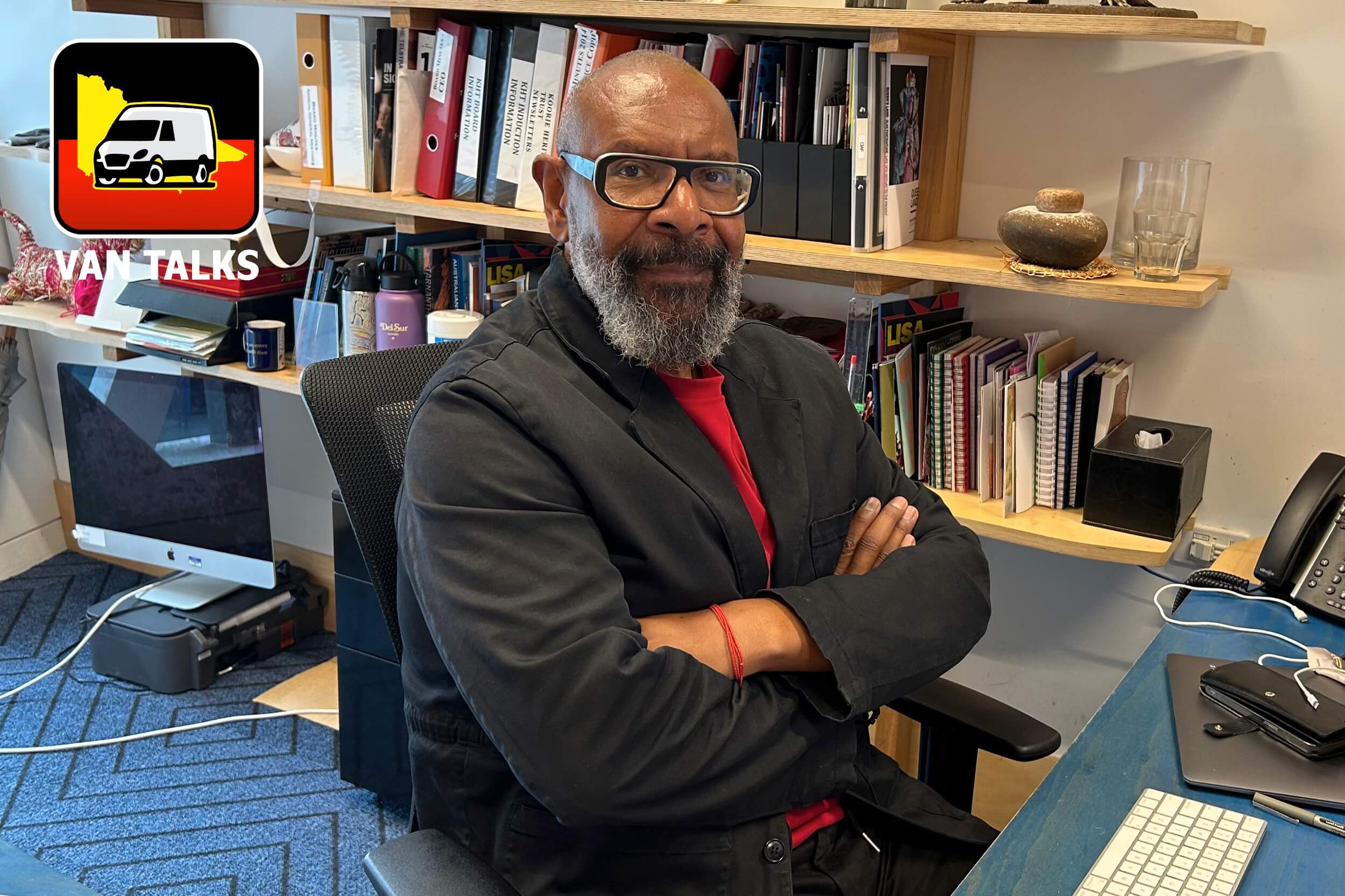
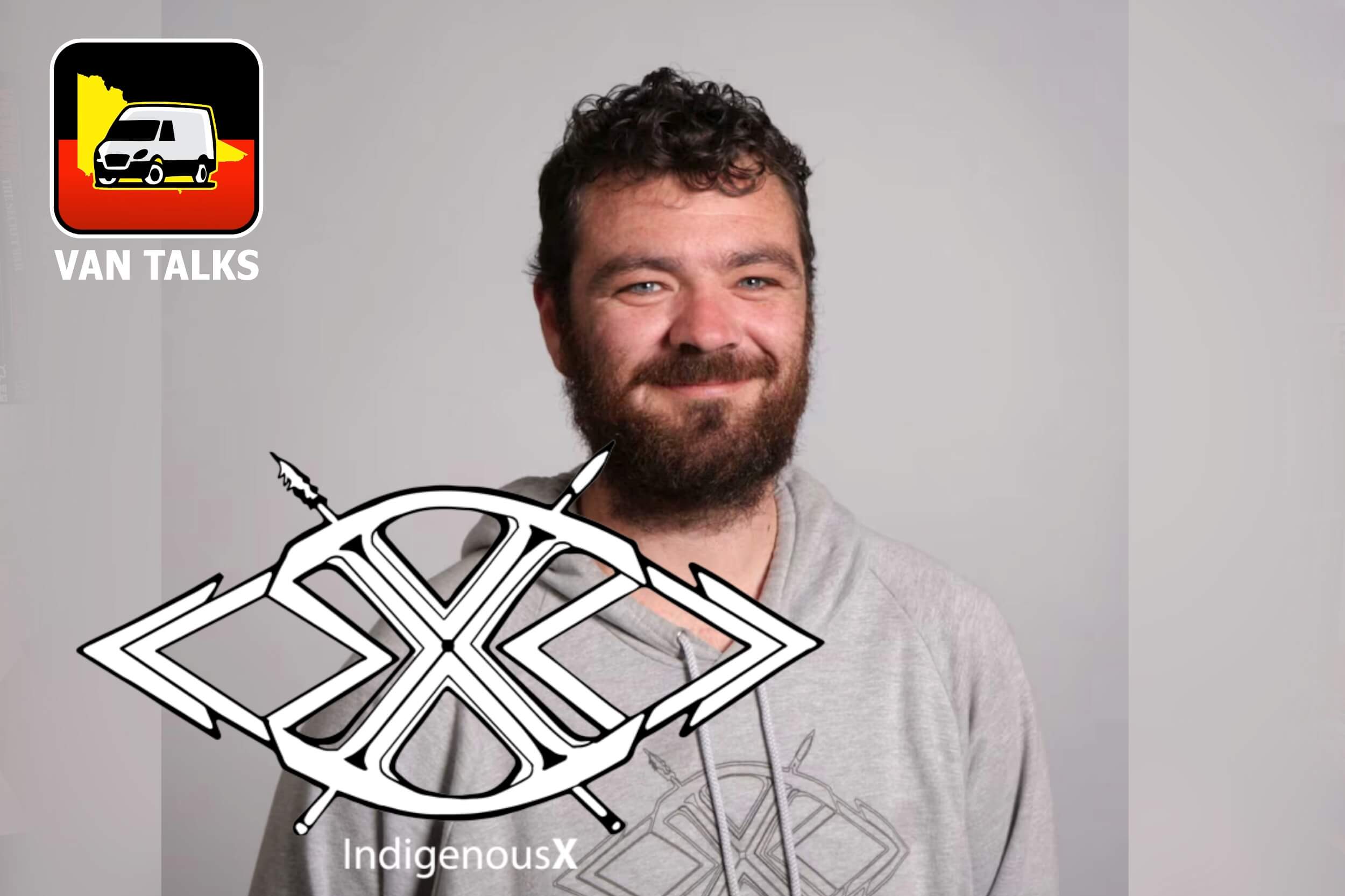
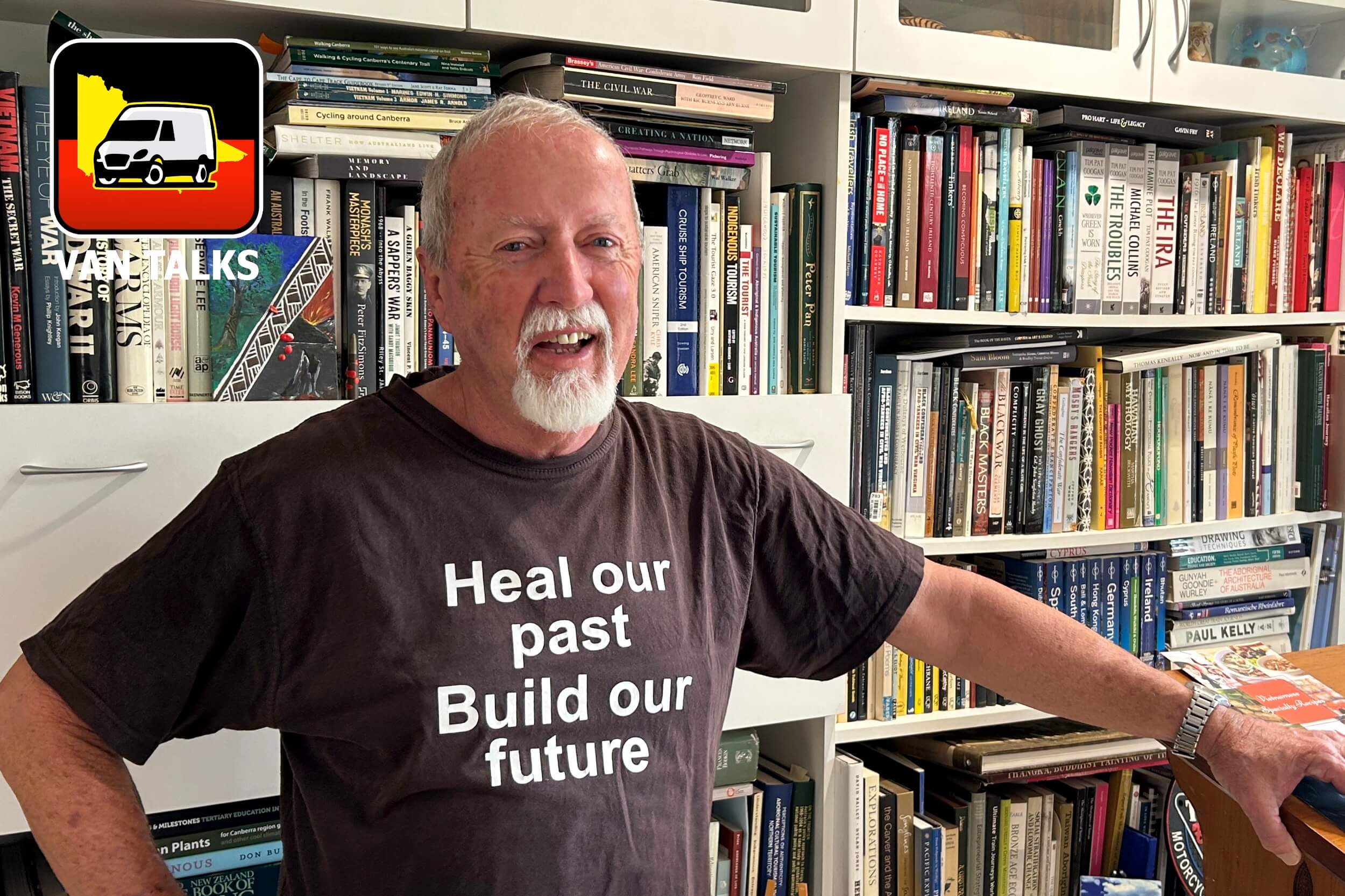
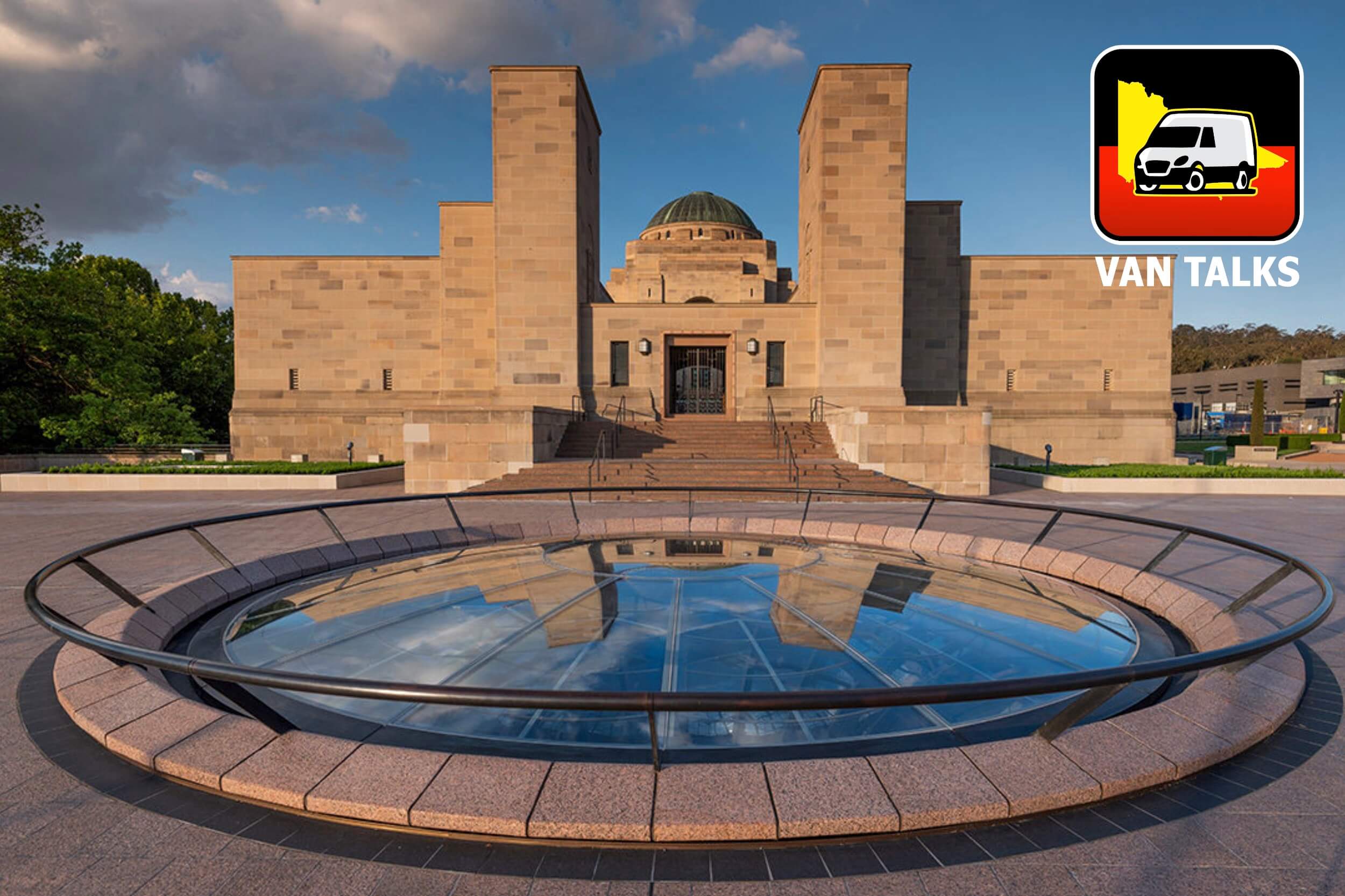

0 Comments